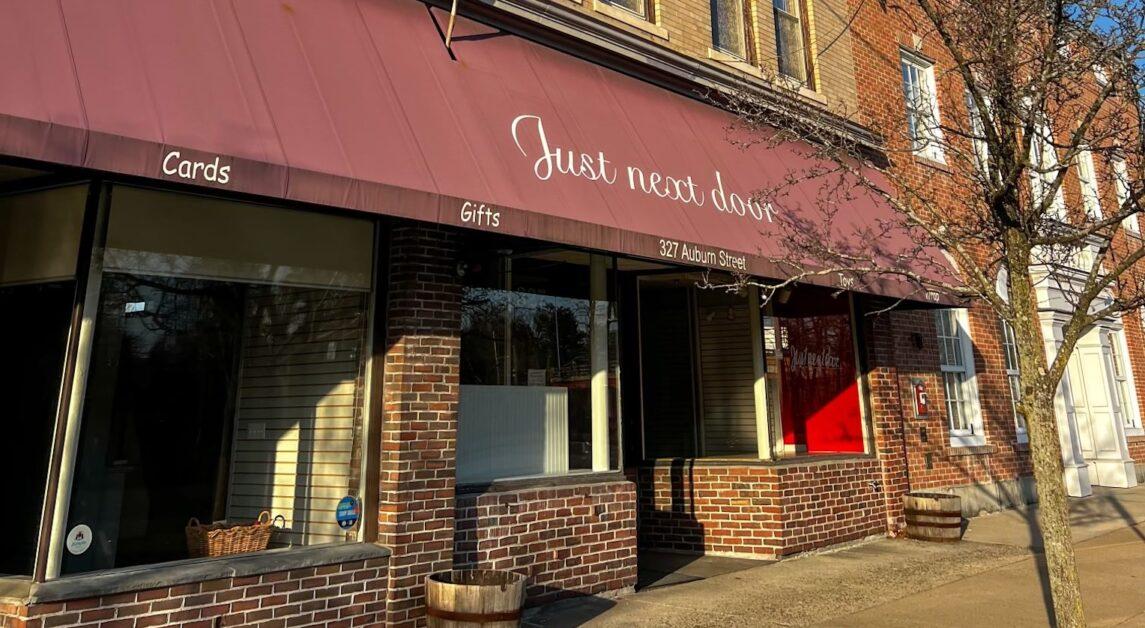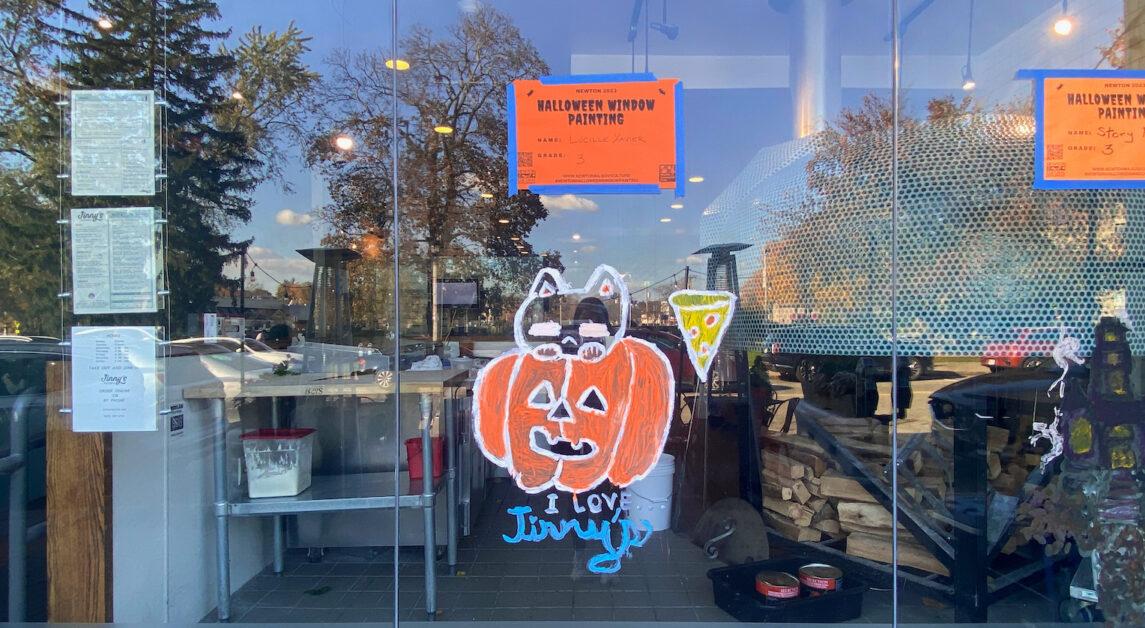It’s easier than ever to weave in and out of stagnant Boston traffic on a bike.
Two Boston-based companies now have a partnership that aims to ease and enhance transportation for university students and staff. Zagster, the leading campus bike share provider, and Zipcar, the world’s leading car share network, have announced the first national sponsored bike share program specifically for universities: Zipbike.
“Universities are very interested in bike share,” said Jon Terbush, the communications manager at Zagster. “But the biggest problem that they have is a funding gap—that they either believe they don’t have funding, or they have no idea what to do with it. So, what Zipbike does, is it removes that financial barrier to entry, so that any university that wants to have a bike share program, can have one.”
Zagster, the fastest growing bike share provider in the nation, is pairing its tried and true bike share platform with Zipcar’s university car sharing service into one low-cost offering. This new bundle offers campuses a bike share program that is subsidized to the point of costing only about 10 percent of what a typical university bike share program would. For students and faculty, this means is the ability to purchase a membership that grants access to both cars and bikes.
Founded in 2007, Zagster has since worked with more than 135 universities, small cities, businesses, and real estate properties to spread bike shares to communities that both cannot afford and do not need large scale bike sharing that companies like Hubspot and City Bikes provide. Zagster offers smaller communities a more tailored, affordable, and convenient bike share option. Currently, Zagster operates more campus bike shares than every other bike share provider combined.
“Basically, our mission is to make the bike the most loved form of transportation,” Terbush said. “We do that by providing bike shares to places that other bike share providers can’t reach or choose not to reach, and then we try to get as many people in the community to ride bikes as possible.”
Zipcar provides a car sharing program that allows members to use any idle shared car for anywhere between one hour and seven days. After joining Zipcar, members are sent a Zipcard, allowing drivers to access vehicles worldwide. Currently, Zipcar has operations on more than 500 college and university campuses, including a partnership with Boston College, which offers memberships for $15, free gas, and insurance.
The new Zipbike offers universities six main features: a complete campus bike share program, Zipcars on or near campus, an app-based interface, professional transportation planning, 24/7 maintenance and support, and a promotional program.
“We expect Zipbike to become the leading national collegiate bike sharing brand, and ultimately become synonymous with the category,” said Timothy Ericson, Zagster co-founder and chief executive officer, in a Zipbike press release.
According to Zipcar’s website, the impact Zipbike will have on college communities is fourfold, at least. Zipbike will relieve the stress on transit systems as well as decongest campus roads since bike and car sharing decreases individual vehicle use. Students will also save money from avoiding parking permits and tickets. In fact, students who don’t bring cars to their campuses save about $20,000, according to a calculation on the website. Students, faculty, and staff can also more actively avoid having to deal with parking demand and parking related problems. Bike sharing also decreases the university’s need to deal with abandoned bikes, as well as decrease the 53 percent chance that college students lose bikes to theft.
“At the end of the day, it was just a no-brainer to have the two companies pair our services, and it helps that we’re both based out of Boston,” Terbush said. “It really just comes down to the fact that Zipcar is the leader in university car sharing, and Zagster is the leader in university bike sharing, and we felt that by combining our resources, we could deliver the best possible transportation solution to universities and their students and staff. It was an easy relationship.”
Zipbike is planning to launch on 10 university campuses in the beginning of 2017, and reach 15 universities by the end of next year for a total of 800 bikes. Talks have begun with many universities with very positive feedback, Terbush said.
“We encourage every university to come on board,” Terbush said. “Every university can benefit from bike share.”
Featured Image by Zipcar


















